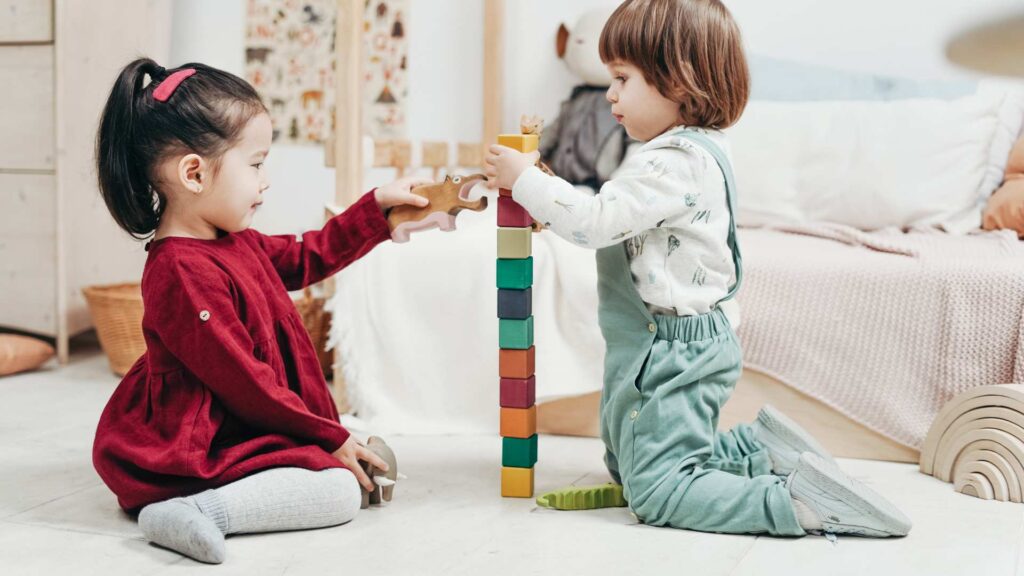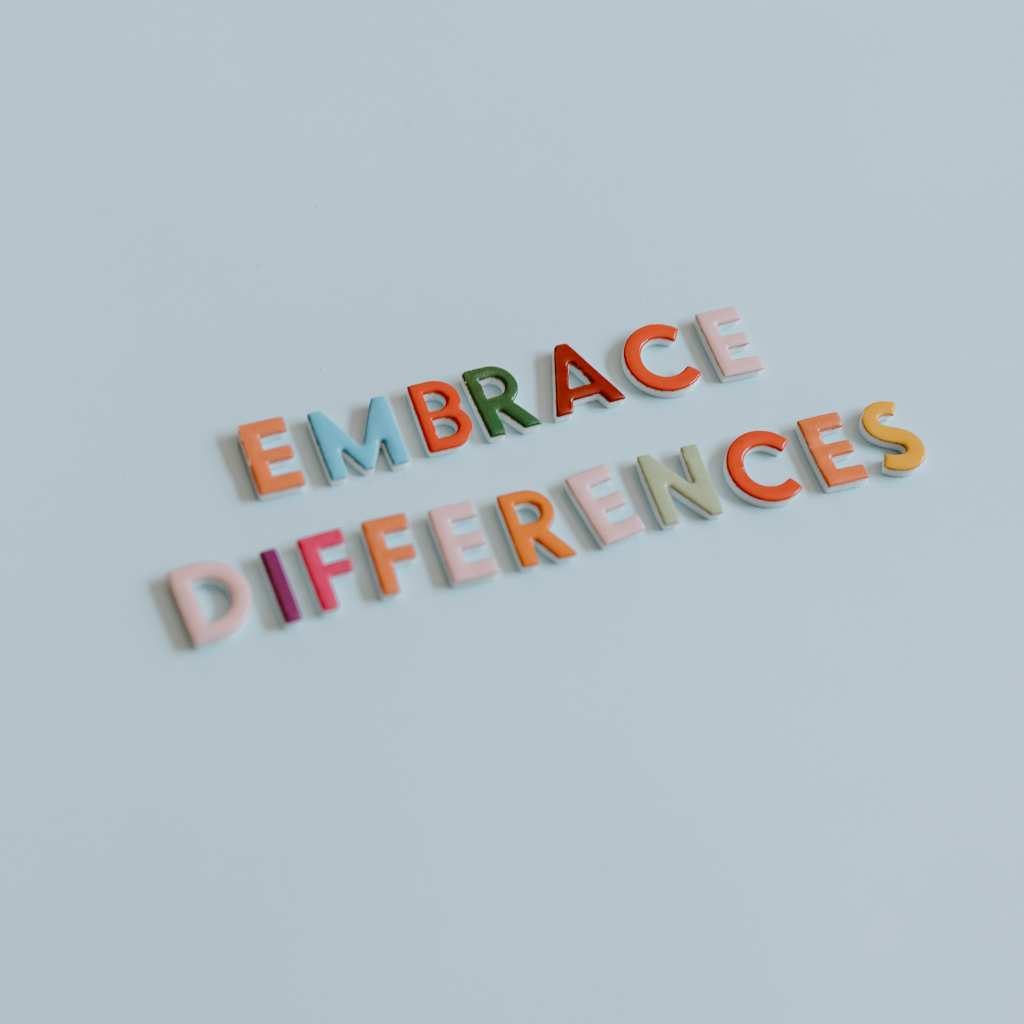Table of Contents
How to be a good friend to someone with autism
Friendship is a fundamental part of life, shaping our happiness, emotional well-being, and sense of belonging. However, in the case of autism and friendship, building and maintaining friendships can be a complex and sometimes challenging experience. While some may deeply desire meaningful social connections, differences in communication styles, social expectations, sensitivities, and understanding of social norms can create barriers.
As a parent or caregiver of a child with autism, you may wonder how to help your child navigate friendships in a way that honors their unique strengths while addressing potential challenges, or you can even wonder: “How to be a good friend to someone with autism?”. How do autistic individuals experience friendship? And how can families, educators, and therapy providers create a supportive environment for fostering relationships?
In this blog by ABA Centers of Florida, we will explore autism and friendship, providing insights into the experiences of autistic individuals, the obstacles they may face, and strategies for encouraging healthy, fulfilling friendships.
How Do Individuals with Autism Experience Friendship?

Many people assume that individuals with autism spectrum disorder (ASD) are uninterested in friendships. However, research shows this is a misconception. While autistic individuals may approach socialization differently, their desire for companionship is often just as strong as that of their neurotypical peers. A study published in the Journal of Autism and Developmental Disorders highlights that individuals with ASD value friendships based on shared interests, trust, and mutual understanding.
One key finding from the study is that friendships tend to thrive in environments where social differences are accepted and normalized. Individuals with autism report feeling more comfortable in relationships where they do not feel pressured to conform to neurotypical social norms. Instead, they find success in friendships where others embrace their unique communication styles and interests. This understanding makes them form strong bonds with others who share their passions, whether it be a love of science, music, gaming, or specific hobbies.
Challenges in Forming and Maintaining Friendships
Many individuals with autism genuinely want to build friendships, but they often face challenges that can make social interactions harder. Some of the most common hurdles they encounter include:
- Difficulty Interpreting Social Cues: Individuals on the spectrum may struggle with understanding facial expressions, body language, or indirect communication, leading to misunderstandings in social interactions.
- Sensory Sensitivities: Loud environments, crowded places, or unpredictable social situations can be overwhelming, making it challenging to engage in social activities.
- Rigid Thinking Patterns: Some individuals prefer structured routines and may struggle with the fluidity of social interactions, where unwritten rules and changing dynamics are standard.
- Anxiety and Fear of Rejection: Many individuals with ASD have experienced exclusion or bullying, which can lead to reluctance to form new relationships.
Studies have shown that loneliness is a significant concern for many individuals with autism, particularly in adolescence and adulthood. A survey in Sage Journals found that loneliness in autistic adults was associated with increased anxiety, depression, and lower self-esteem. However, the same study highlighted that having even a small number of strong friendships can significantly improve emotional well-being.
Misconceptions About Autism and Friendship
As with many characteristics of autism, such as whether you have autism, you may be a genius or, on the contrary, “retarded”; friendship or how neurodiverse individuals form friendships with others is part of the misconceptions, which we need to begin to address, including:
- “Individuals with autism don’t want friends.” In reality, many deeply desire friendships but may express this differently or struggle with social interactions.
- “They only like to be alone.” While some autistic individuals prefer solitude at times, others actively seek social connection but need support in navigating interactions.
- “They don’t understand emotions.” Many individuals with ASD experience emotions intensely and value deep, meaningful friendships. However, they may express these emotions differently from neurotypical individuals.
5 Strategies to Support Friendship Development

1. Encourage Special Interests: Helping your child connect with others who share their passions can provide a strong foundation for friendship.
2. Practice Social Scenarios: Role-playing social interactions at home can help your child feel more prepared for real-life situations.
3. Seek Structured Social Activities: Group activities, clubs, or autism-friendly programs can provide supportive environments for social interaction. You can join the different seasonal events of ABA Centers of Florida to experience a community of understanding and friendship.
4. Teach Social Communication Skills: Work on conversation skills, turn-taking, and recognizing nonverbal cues in a structured and positive way. ABA therapy can be incredibly beneficial in this process, as it uses techniques based on behavior analysis to improve these skills through targeted interventions and reinforcement.
5. Validate Their Social Preferences: Some individuals with ASD prefer having a few close friends rather than large social circles. Respecting their social boundaries is essential.
How Non-Autistic Peers Can Be Supportive Friends
Friendship is a two-way street, and it’s also essential to recognize that you have a role to play in building inclusive and meaningful relationships.
Neurotypical individuals have a unique opportunity to be supportive and make a real difference in the lives of their friends.
Here are some thoughtful ways they can nurture these friendships and foster inclusivity.
- Be Patient and Understanding: Allow your friends with autism to socialize in ways that make them feel comfortable.
- Respect Sensory Needs: Avoid overwhelming environments and be mindful of sensory sensitivities.
- Embrace Direct Communication: Individuals with ASD often appreciate clear, honest, and straightforward communication.
- Stand Up Against Misconceptions: Encourage kindness and inclusivity in social settings and speak up against bullying.

- Educate Yourself: Take the time to educate yourself on autism and learn more about your friend’s experiences, challenges, and strengths.
- Include Them in Activities: Include your friends with autism in group activities and make an effort to find activities that they enjoy.
Supporting Social Development at ABA Centers of Florida
At ABA Centers of Florida, we know and defend the importance of making friends with autism. Through our personalized ABA therapy programs, we help children and teens develop essential social skills that improve their ability to form and maintain friendships.
We offer:
- Therapy in a Social Setting: Our ABA therapy programs include group sessions that allow individuals to practice social skills in real-life scenarios.
- Community Events and Outings: We organize activities where everyone can interact in a safe and structured environment.
- Family Guidance and Support: We work with parents and caregivers to provide strategies for fostering positive social experiences at home and in the community.
- In-Home and Center-Based Therapy: Whether at home or in our centers, we tailor programs to fit each child’s unique needs.
If you need more information, please call us at (772) 773-1975 or schedule a free consultation here. Our goal is to create a supportive and friendly environment where individuals on the autism spectrum can build confidence in their social abilities while forming genuine, lasting friendships.








